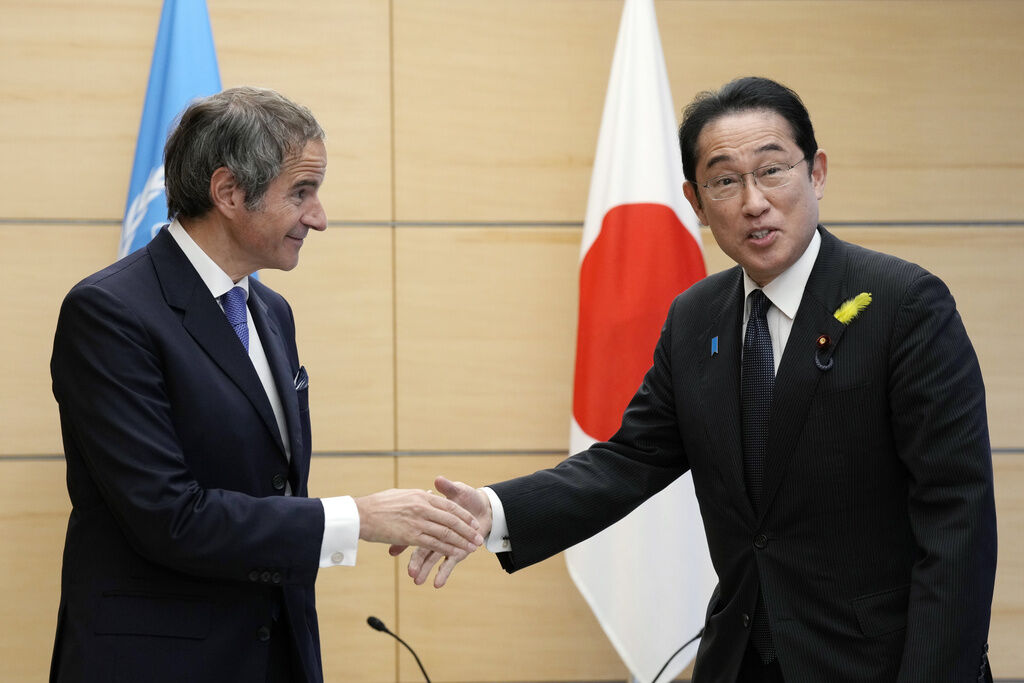IAEA approval for Japan’s Fukushima water discharge stirs global debate

An international watchdog has given the green light to Japan’s controversial proposal to discharge treated waste water from the Fukushima nuclear plant into the ocean, declaring that the process aligns with global norms.
The International Atomic Energy Agency (IAEA) has assessed that the impact on the environment of such a release will be “negligible,” with the Fukushima site rapidly running out of storage capacity for the treated water initially utilised in nuclear reactor cooling. However, this proposal has garnered significant opposition, predominantly from China and South Korea.
Although Tokyo has yet to provide a timetable for the planned discharge, the scheme must first be authorised by an overseeing regulator. The catastrophic accident at the Fukushima Daiichi Nuclear Power Plant took place in 2011 when the facility was inundated by a tsunami instigated by a 9.0 magnitude earthquake. It is considered as the most severe nuclear disaster since Chernobyl, causing more than 150,000 people to be relocated from a surrounding exclusion zone.
Decommissioning the plant has commenced, but this is a long-term operation, potentially spanning several decades. This week, IAEA director, Rafael Grossi, publicised the results of an exhaustive two-year safety review in which he pledged to commit to ongoing discussions with Tokyo even after the treated water is discharged. Recent statements from the IAEA have affirmed that Tokyo Electric Power (Tepco), the national nuclear authority, has demonstrated its persistently “accurate and precise measurements” of any radiation present in the treated water.
Should the plan receive final approval from Tepco, the process could begin as early as this week. Each day, the Fukushima site generates 100 cubic metres of wastewater, with on-site tank capacity peaking at 1.3 million cubic metres. Despite most radioactive elements being filtered out, the water retains traces of tritium, a complex-to-extract hydrogen isotope.
Proponents of the plan have asserted that the tritium levels in the treated water that will be discharged into the Pacific Ocean are comfortably within international approval levels. Furthermore, international nuclear power plants frequently discharge wastewater containing tritium in concentrations higher than the levels found in the treated water from Fukushima.
Nevertheless, the public in Japan and neighbouring nations remain apprehensive. Prior to the IAEA’s endorsement, China was forcefully critical of the Japanese proposal and issued strident warnings to the IAEA. Simultaneously, South Koreans are stockpiling sea salt in anticipation of the treated water’s release, due to concerns regarding food safety.
Latest Thailand News
Follow The Thaiger on Google News:


























